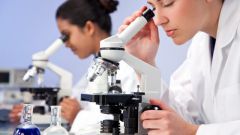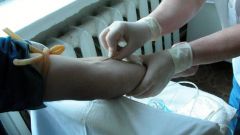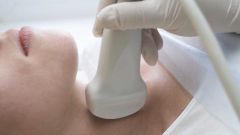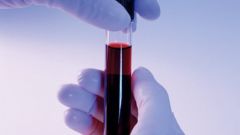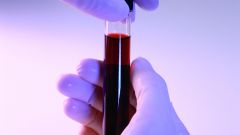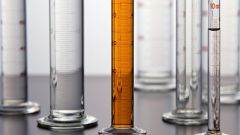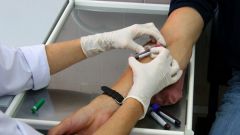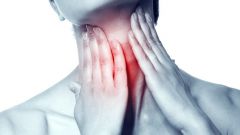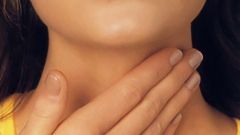Instruction
1
For the diagnosis of diseases related to the hormones of the thyroid gland, determine blood total T3 (total triiodothyronine), total T4 (total thyroxine), free T3 (free triiodothyronine), free T4 (thyroxine free). For example, in hypothyroidism a decrease in the thyroid gland, in the blood we are seeing increased levels of thyroid stimulating hormone (TSH), low numbers of free thyroxine (T4), total thyroxine (T4) and total triiodothyronine. Insufficient function of the hypothalamus and pituitary in hypothyroidism says the decrease in the level of TSH (thyroid stimulating hormone). In hyperthyroidism there is a decrease of TSH concentration. Thyrotoxicosis T4 (free thyroxine) can remain in the normal range, but the definition of free triiodothyronine (T3) is very informative, increasing its concentration in the blood.
2
To see the functional state of the thyroid gland by using analysis of blood on hormones. The study is carried out on an empty stomach, the blood from the vein. You need to stop taking iodine-containing medications for 3 days prior to the examination. To eliminate the hormones of the thyroid gland 7 days before the procedure studies. Previously recommended, in the case of treatment with hormones of the thyroid gland, consult with your endocrinologist for a possible lifting of iodine-containing drugs. You must limit physical activity, avoid emotional stress, avoid alcohol and Smoking.
3
In a statement issued in the diagnostic center, it will show values of all hormones of thyroid gland: T3 norm for men and women is 1.8 and 4.2 PG/ml; free T3 is 1.8 and 4.2 PG/ml; total T4 (thyroxine) - 4,5-10,9 g/DL; free T4 (free thyroxine) is 0.8 to 1.3 ng/DL; TSH (thyroid stimulating hormone) - 0,35-5,5 mkme/ml.


